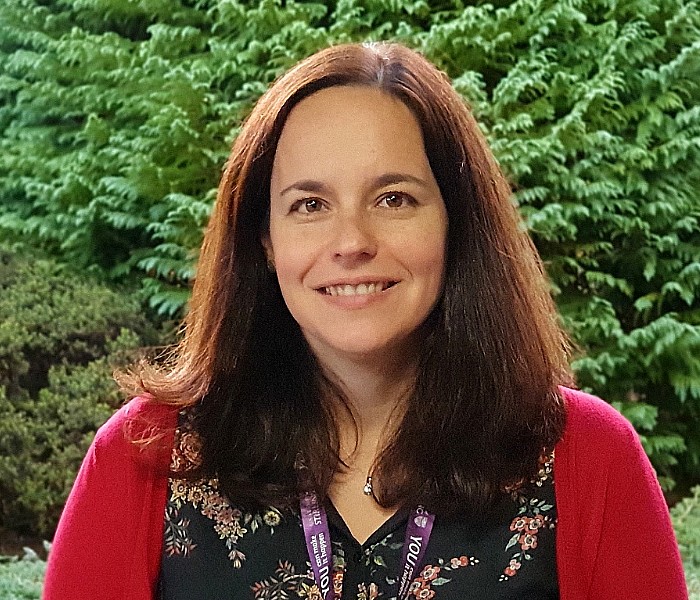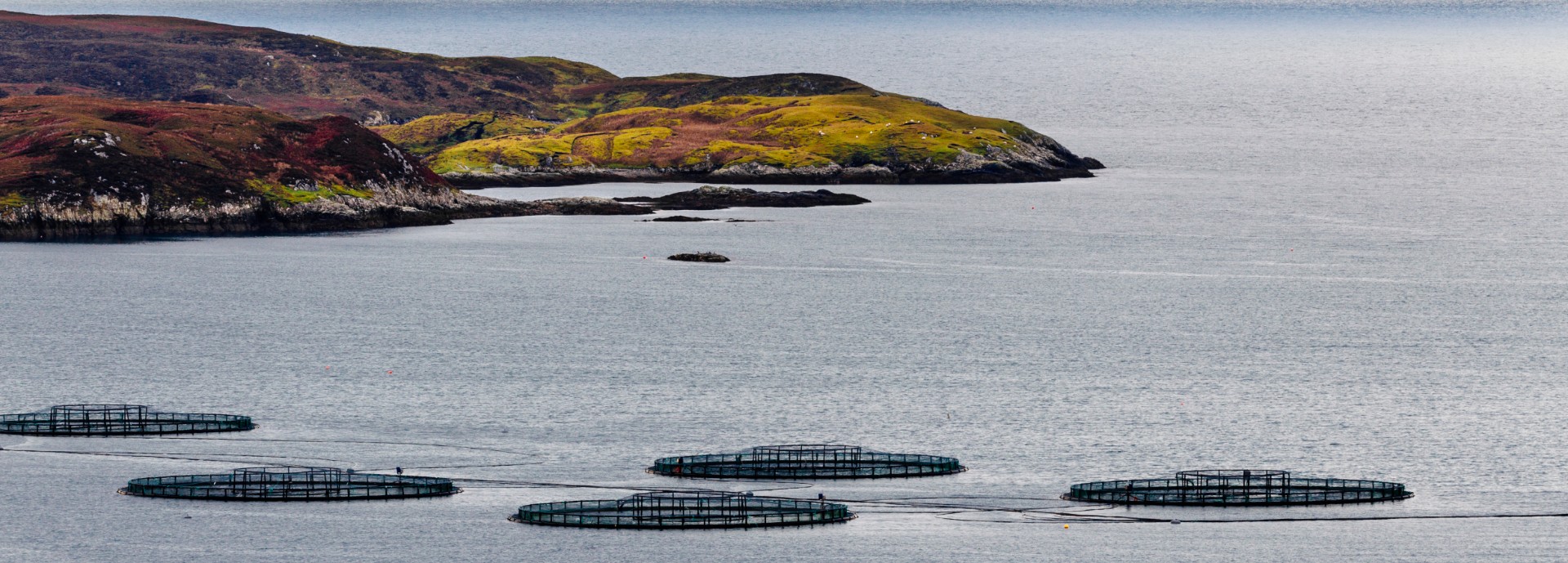Experts from the University of Stirling will investigate the feasibility of using a single-cell protein in salmon feed, as part of a ground-breaking carbon recycling project.
The Institute of Aquaculture will evaluate a single-cell protein (SCP), produced from industrial emissions of carbon dioxide, as a substitute for marine and terrestrial meal in salmon feeds.
The study – supported by the Scottish Aquaculture Innovation Centre (SAIC) – forms part of the overarching REACT-FIRST project, which has received £3 million in funding from Innovate UK.
The project is led by carbon recycling biotechnology company Deep Branch and consists of 10 industry and academic partners. It aims to produce a scalable model – demonstrating the sustainable generation of protein using waste carbon dioxide, and using that protein to produce fish and poultry feeds.

Institute of Aquaculture
The main alternative to fish meal in aquafeeds is vegetable meal, however, this has its constraints, and SCP is an excellent alternative as it is nutritionally optimised to meet the demands of aquaculture.
Dr Mónica Betancor is leading the University of Stirling’s involvement in the study. She said: “The project aims to evaluate and validate a SCP produced from industrial emissions of CO2, with an amino acid profile tailored to meet the end-user requirements of the aquafeed industry, and also support and improve the sustainability and development of UK aquaculture by contributing to UK food security.
“Aquaculture is the fastest growing food sector, with the UK salmon industry expected to increase significantly. Such growth can only be achieved in a sustainable manner by replacing the traditionally used marine ingredients in aquafeeds – fish meal and fish oil – for more sustainable options. The main alternative to fish meal in aquafeeds is vegetable meal, however, this has its constraints, and SCP is an excellent alternative as it is nutritionally optimised to meet the demands of aquaculture. Our work in the REACT-FIRST project will determine its feasibility as a substitute for other protein sources in the feeds for farmed salmon.”
Polly Douglas, aquaculture innovation manager at SAIC, added: “REACT-FIRST is a highly innovative way of turning the CO2 produced by another process into a key component of our food chain, providing a sustainable source of feed for fish. It could make a significant contribution to food security in the UK, while reducing the supply chain’s carbon footprint – both of which have seldom been of more relevance.”
Data
REACT-FIRST will use microbes to convert carbon dioxide directly from industrial emissions into high-value products, specifically a novel SCP called ProtonTM. The project team will collect critical data on the cost, digestibility, nutritional quality, and carbon footprint of the product.
Peter Rowe, CEO of Deep Branch, said: “Projects like REACT-FIRST are key to help the industry move towards achieving net-zero emissions. Its solution uses the technology developed by Deep Branch, but whilst this has huge transformative potential, commercialisation is not possible without cooperation with key stakeholders across the value chain. REACT-FIRST addresses this, with its consortium of industrial and academic organisations, and even though relationships within these verticals are well established, the project represents the first time that the resources and expertise of all parties have been unified towards a single goal.”
Innovation
Science Minister Amanda Solloway said: “To protect our environment and meet our world-leading target of Net Zero greenhouse gas emissions by 2050, we must harness the very best of UK innovation across all sectors, supporting the most creative and pioneering ideas.
“From robotics assisting our farmers in fruit picking, to technology that converts CO2-to clean animal feed, the incredible and cutting-edge projects we are backing today represent the future of farming. Working with the best of British science, we are accelerating the transition to net zero food production, boosting jobs and productivity and driving forward the UK’s economic recovery.”
The project will also involve: Drax, the UK’s largest renewable energy producer; BioMar, one of the world’s largest aquafeed producers; AB Agri, the UK’s leading producer of monogastric feed; Sainsbury’s; the Synthetic Biology Research Centre at the University of Nottingham; the School of Animal Rural and Environmental Sciences at Nottingham Trent University; and Innogen at the University of Edinburgh, experts in value chain integration and responsible innovation.

